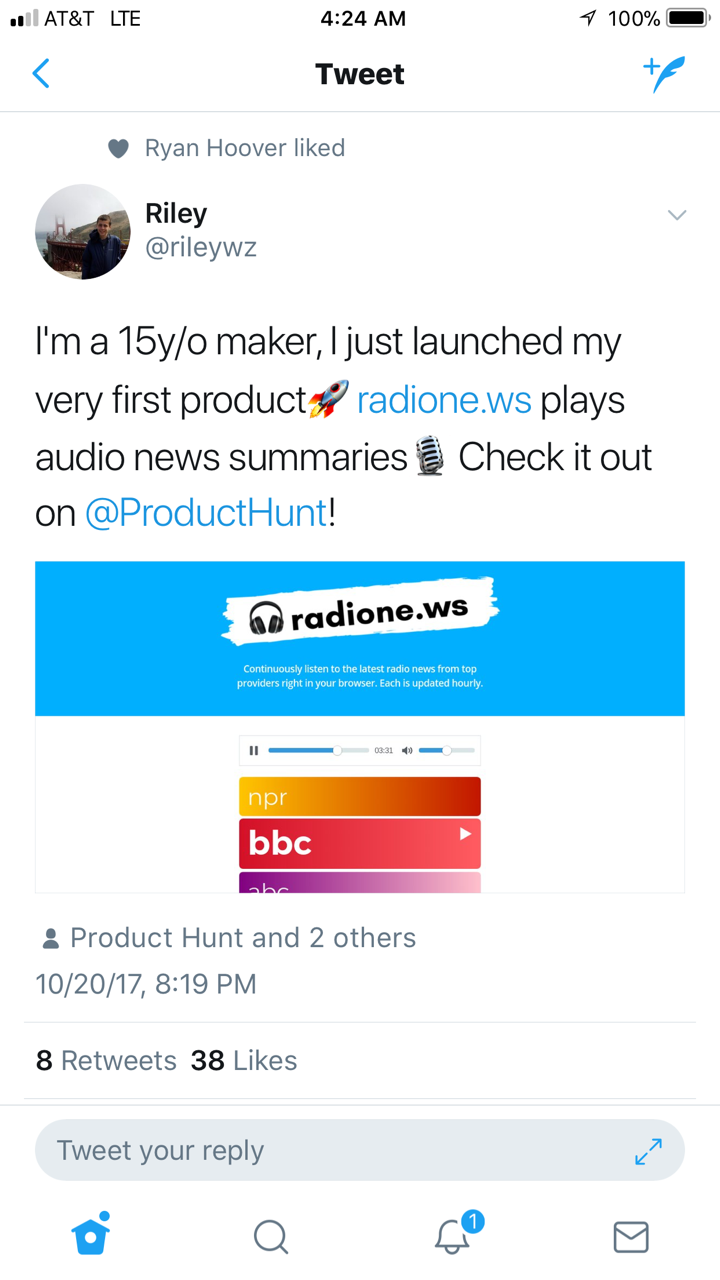
Why and How Long Tail Keywords Increase Website Traffic
Quick Summary of Contents
How do I get my website to start ranking better for certain keywords in search engines?
I see all this talk about head and long tail keywords and don’t quite understand it.
What I do know and see is that my competitors are ranking on the first page for multiple keywords, and I want to achieve the same.
The question and statements are quite common amongst website owners desperately wanting their websites to be highly visible and ranking in search engines for highly competitive keywords.
I’m sure you long for the same success as relates to your website, if not more.
Surely, if you have been around search engine optimization (SEO) or other search marketing methods, such as pay-per-click advertising (PPC), then you understand the importance of keywords and their impact on your search engine rankings and placement at surface level.
Indeed, keywords are important in regards to search engine rankings. However, you don’t want to spin your wheels on highly competitive and expensive keywords to never convert.
Today’s post will help you further understand the importance of a certain kind of keyword, and how this keyword type can help you increase you conversion while possibly saving you money at the same time.
More than “keywords”: Long tail vs. Head.
One of the first things to understand is that you must have keywords to rank. Duh?
Okay, now that we’re over that bridge, it is important that you understand the difference in a head keyword and long tail keyword.
 For example, “chair rental” is a head keyword, whereas “special even chair rental in Austin” is a long tail keyword consisting of more than two words but is less popular than the main or head keyword.
For example, “chair rental” is a head keyword, whereas “special even chair rental in Austin” is a long tail keyword consisting of more than two words but is less popular than the main or head keyword.
But don’t confuse the term “less popular” for long tail keywords as a negative, because it is a long way from the truth.
Long tail keywords are essentially those words or phrases that have very low search volume and are therefore very cost effective for that matter, which is a positive.
A long tail keyword phrase may consist of three to five words and is considered a very refined search term.
As we mentioned earlier, the opposite of long tail keywords are head keywords, which consist of a word or phrase with very high search volume and very high competition for ranking high in search engines.
Again, head keywords are very costly when considering pay-per-click or ppc costs and sheer volume of competition.
Optimizing websites and pages for long tail keywords
 How do you optimize your website or page using long tail keywords?
How do you optimize your website or page using long tail keywords?
For starters, you could guess your way to long tail keyword profitability and success prepending and appending various words to head keywords.
This is and can be a bit of a lengthy process and much like trying to find a needle in a haystack.
Another sound and proven method uses data from your very own website.
Using either web analytics, webmaster tools, site search or long tail keyword tools, you can start building a list of long-tail keywords currently sending and converting traffic to your website.
One can easily optimize a website or select pages for long tail keyword phrases because they are highly specific, have low competition, and can easily rank high in all major search engines without much effort.
Many people who develop websites, also known as or categorized as mini-sites or made-for-adsense sites or affiliate websites, for the purpose of displaying ads use this strategy and compose content that revolve around these less common and less popular long tail keywords.
But for many businesses, long tail keywords prove to be more useful and effective than head keywords simply because of the ever-growing competition and the time it takes to rank high in top search engines.
And although you could spend a fortune in time and money ranking head keywords, there is a greater possibility that you website or page will never grace the first page or even pages two through six depending on the keyword competitiveness.
Instead of waiting and wasting both time and money, it is better to opt for less popular long tail keyword phrases that are sure to boost your website traffic in a short time.
Long tail keywords increase overall website traffic
 Although long tail keywords were proven to be quite effective only a few years ago, they have now been forgotten for the large part mainly because so many other SEO techniques have been introduced.
Although long tail keywords were proven to be quite effective only a few years ago, they have now been forgotten for the large part mainly because so many other SEO techniques have been introduced.
Many, including myself, still consider long tail keywords strategy a great one because of its ease of implementation and the extent of success they bring.
Again, using long tail keywords means you are targeting a very small set of audience globally that are more likely to be further in the buying process than those searching using head keywords.
Remember you goal is not to on increase you website traffic but to convert traffic into lifetime customers.
Long tail keywords can help you convert more customers and higher quality customers with less traffic and less time, money and effort.
For instance, using long tail keywords to plan your website content can help you to focus on creating a large number of posts based on many long tail keywords.
Using this approach, you are sure to receive a good amount of high-converting qualified traffic to your website or blog.
Don’t call it a comeback, long tail keywords have been here for years and will continue
Because of the mentioned benefits, long tail keywords have recently made a big comeback in the scene of SEO.
Many people may not be aware of this resurgence as of yet but those who have a limited budget for internet marketing and other SEO endeavors will find this opportunity a very attractive, cost-effective and profitable one.
Even if you have to conduct a thorough research before short-listing effective and relevant long tail keywords for your website, the time and effort is still worth it as it is sure to bring positive results without having to spend a lot of money.
 The Internet has expanded to over 600 million websites and counting in only a few years time and the growth is not expected to slow down in near future.
The Internet has expanded to over 600 million websites and counting in only a few years time and the growth is not expected to slow down in near future.
With so much competition in almost every niche and industry you can think of, it is literally impossible now to create a website on a very common or popular topic without the use of long tail keywords, knowingly or unknowingly.
Choosing a unique topic or niche is one thing; however, optimizing your website for that particular long tail keyword to rank high in search engines is a total different story and accomplishment altogether.
Even if your internet marketing efforts and SEO implementation are quite robust and up-to-date, it may still take years to bring highly targeted traffic to your site and increase your conversions. That’s right, years!
But if you forego the decision of using a head keyword consisting of at most two words, and use long tail keywords instead, you can find your website rising to the top in a very short span of time, like weeks and months in some cases.
And although the search volume would be low, you will still be able to attract at least as many potential customers searching for that refined and specific long tail keywords instead of a widely targeted phrase (head keyword).
Increase your website traffic using long tail keywords.
Having a great dependence on search engines to increase website traffic, internet marketing, whether using search engine optimization or pay-per-click advertising, is something businesses can’t survive without.
If businesses make a concerted effort to incorporate long tail keywords in their SEO strategy, they will surely start seeing positive results in the beginning and then continue their efforts to target more people globally.
Remember that less competition doesn’t mean you are targeting a forgotten keyword or a topic that people never search for.
It just means you are more likely to appear in the top results for that particular keyword and hence increase your traffic and consequently your conversions.
And which would you rather have accomplished:
Spend your time, money, and effort to never rank for a head keyword
– OR –
Spend a fraction of that and rank, increase website traffic and convert traffic into potential customers using a multitude of long tail keywords?
Get started with your long tail keywords effort.
We want to hear from you.
Have you found success using long tail keywords?
If so, how have you used long tail keywords to increase organic search traffic?













Great post, identification of correct long tail keyword can help you gain quality traffic to your site, as it is specific i.e. directly hitting the niche.
[…] it on and sales pour in. Because they have successfully mastered pay-per-click advertising using cost-effective keywords, the website owners’ organic search rankings also receive a little boost – which this statement […]
[…] knows at the crux of SEO are targeted keywords, especially building link wheels focused on long tail keywords. One way to build both effective link building campaigns is to focus on keywords with high […]